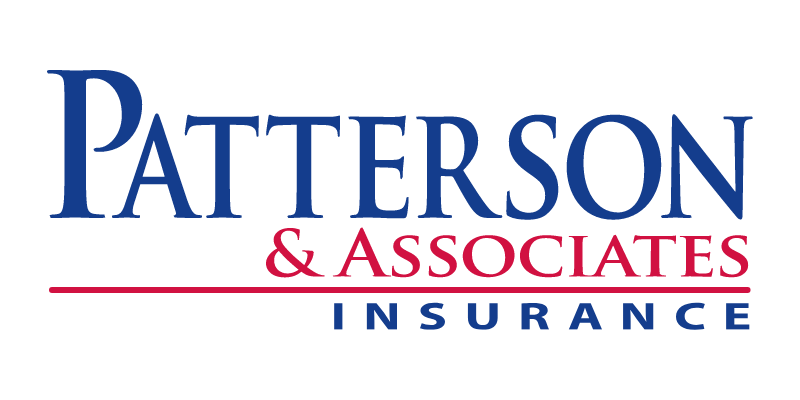
When you own a home, it’s necessary to have homeowners insurance. This policy protects the actual structure of your home, but it also includes the personal belongings inside your house. If you own a home with a pool—or what’s commonly known in the insurance industry as an “attractive nuisance”—you may need to adjust your insurance coverage.1
An attractive nuisance refers to anything around the home that could be a potential danger to children. Making sure you are fully covered when owning a property with a pool is essential. Now that it’s summer, here’s what you need to know about homeowners insurance and swimming pools.
What Damage Is Covered?
Homeowners insurance will cover damage to the actual structure of the pool from certain events, such as fire, thunderstorms, hail, or vandalism—similar to what your house would be protected against.
Events typically not covered by insurance include:2
- Earthquakes
- Water damage
- Regular neglect or disrepair
How much the insurance company will pay out depends on your specific policy and deductible. When signing up for homeowners insurance, it’s important to include the “build cost” of your entire property. This is the amount of money it would cost to rebuild your home and the surrounding property, including a pool. The cost of the pool will drive up the build cost of your home, meaning your monthly premium for homeowners insurance will likely be higher.
In-Ground vs. Above-Ground Swimming Pools
The type of pool you have does make a difference when it comes to insuring it. Some insurance companies will consider an above-ground pool as a piece of property and not as part of the actual build cost of your home. It will be covered in the same way as your belongings would be.
An in-ground pool is usually a more expensive item to have than an above-ground pool. Your in-ground pool will be listed specifically as a pool on your policy. Both will be covered under a homeowners insurance policy but classified under different parts.1
Medical Coverage for Injuries or Drowning
Since a pool is considered a type of hazard or danger, there will be a personal liability section on your homeowners insurance policy. It usually covers up to a certain amount in legal fees if a guest is injured at your pool in addition to a separate amount of personal liability, depending on your policy. You can also take out extra insurance coverage in the form of umbrella insurance. This is additional liability insurance connected to your homeowners insurance.1
Pool-Related Safety Precautions
According to the Centers for Disease Control and Prevention, children ages one through four have the highest drowning rates.3
The risk of children falling in and drowning is the primary reason why almost all insurance companies require that you have a fence around your pool area. There are also local and state laws in your town that may have regulations surrounding pool ownership. For example, you may be required to have a fence of a specific type or height surrounding your pool.1
Other good safety measures you might want to consider are installing lights around the pool area, making sure that the surface around it is non-slip, and keeping a first-aid kit nearby. In addition to making your pool safer, incorporating these safety measures may make you eligible for a discount from your insurance company.
Many homeowners enjoy the perks of having a pool, from hosting family barbecues to taking a quick dip on a hot afternoon. Whether you’re purchasing a new home or looking to reevaluate your coverage, keep this important information in mind when it comes to insuring your home’s pool.
—————
1. BankRate.com, August 5, 2021
2. Investopedia.com, June 10, 2021
3. CDC.gov, 2022
The content is developed from sources believed to be providing accurate information. The information in this material is not intended as tax or legal advice. It may not be used for the purpose of avoiding any federal tax penalties. Please consult legal or tax professionals for specific information regarding your individual situation. This material was developed and produced by FMG Suite to provide information on a topic that may be of interest. FMG, LLC, is not affiliated with the named broker-dealer, state- or SEC-registered investment advisory firm. The opinions expressed and material provided are for general information, and should not be considered a solicitation for the purchase or sale of any security. Copyright 2024 FMG Suite.
